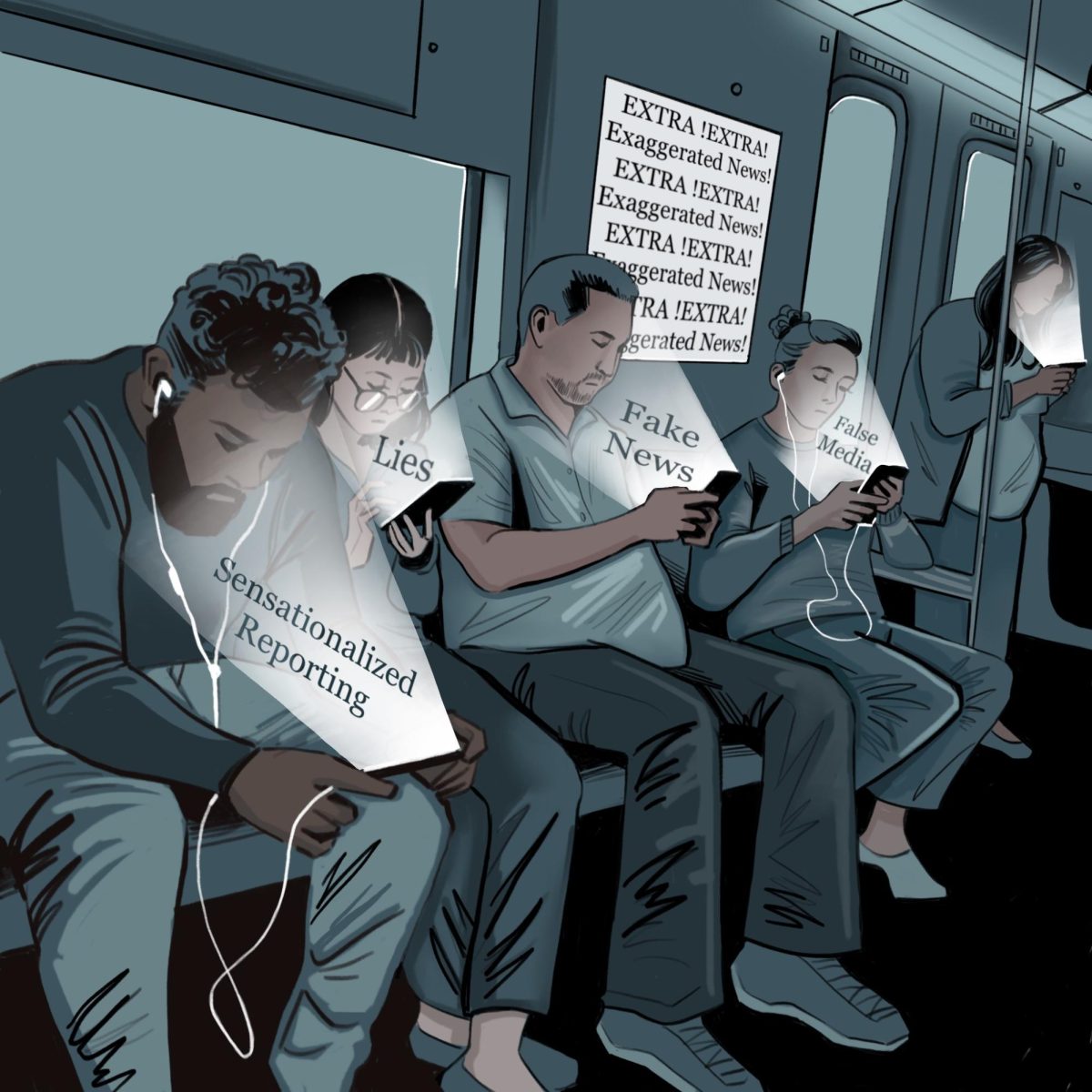When you hear hoofbeats behind you, don’t expect to see a zebra.” This is a quote from Dr. Theodore Woodward who taught the philosophy that it is better to assume the most obvious conditions when diagnosing a patient than to use time and resources to consider rarer things. But in this case, I was a zebra. Since I was raised believing my body was normal, I did things the way I was taught to do them by able-bodied people, despite my body’s needs
being different. It wasn’t until I was diagnosed with Ehlers-Danlos syndrome and postural orthopedic tachycardia syndrome [POTS] that I began the process of relearning basic tasks, from walking to holding a pencil, in ways that would better suit the needs of my body. Collagen, which is essential for the strength and elasticity of connective tissues such as skin, tendons, and ligaments, is affected by Ehlers-Danlos syndrome. In turn, this results in joint hypermobility, chronic pain, and frequent joint dislocations. POTS affects the autonomic nervous system, which
controls involuntary body functions such as heart rate and blood pressure, and causes symptoms such as dizziness,
fainting, and fatigue.
After 17 years of constantly pushing myself to the limit and ignoring the signals my body was desperately trying to
send me, I finally came to the realization that I needed to listen to my body. For me to realize the value of slowing down and giving my body time to relax, it took hundreds of restless nights, never-ending exhaustion, and a persistent sense of burnout. It was a challenging lesson to learn, requiring me to let go of my urge to be productive and efficient all the time. I had to reassess my objectives and realize that my value was not exclusively based on how much I could get done in a day. Self-care had to be prioritized, and I had to grant myself permission to rest.
I used to think that taking breaks or slowing down meant I was being lazy. However, as I gradually adjusted my way of life to accommodate my body’s needs, I got better both mentally and physically. My body was crying for help, and I finally saw it. It’s important to be aware of your limits and honor them. Don’t push yourself too hard, and make sure to give yourself the time and resources you need to recover.
Don’t be afraid to ask for help if you need it. Medical gaslighting can be frustrating, but don’t let it discourage you. Stand up for yourself and advocate for your body. You’re the only one who can truly make your voice heard. I’ve come across medical providers who either discounted my symptoms or blamed them on anxiety. I’ve learned to follow my instincts and get second opinions, choosing medical professionals who are supportive and actually make an effort to understand me. Your needs are important and shouldn’t be minimized, no matter the extent to which they occur. Every individual’s needs are important, and every person deserves to be validated. Your pain is equally rational; even if there are those who could be enduring more severe health conditions than you, nobody’s pain lessens the credibility of the pain of others.
I never planned for my once-able body to decline into an inescapable prison of pain so rapidly. Four years ago, my life was completely different. I was healthy, active, and full of energy. I never would have believed I would be driving around with a disabled parking placard or wearing hard plastic braces to keep my legs from collapsing. I experienced a range of feelings the first time I hung that disabled placard on my rear-view mirror. I was overcome by embarrassment, aggravation, and a sense of loss. It served as an apparent illustration of my limitations and the disparity between the life I had before and the one I now have to adjust to. I never considered how rapidly life might change; I took my mobility for granted.
Despite the fact that my journey may not have been what I had originally planned, I have grown to see the beauty in the unexpected. My braces provide me with the stability I need to move consistently beyond my previous physical limitations. Your needs will change over time, whether they’re caused by aging, injuries, or even day-to-day factors. I have now learned to accept where my body is at so that I am no longer merely getting by; I am thriving.
I’m always acquiring new strategies for coping with the various challenges that come with my conditions. I’m learning to find a balance between pursuing a purposeful and happy life and accepting the limits that are now prevalent. My perception of what a good life entails has changed as a result, and given me a newfound appreciation for the strength and resilience of the human body. I’ve learned the virtues of patience and endurance from having chronic illnesses. It has shown me that strength is not always about pushing through the pain but about knowing when to rest and recharge.
As is commonly said in the Ehlers-Danlos community, “Sometimes when you hear hoofbeats, it really is a zebra.”



